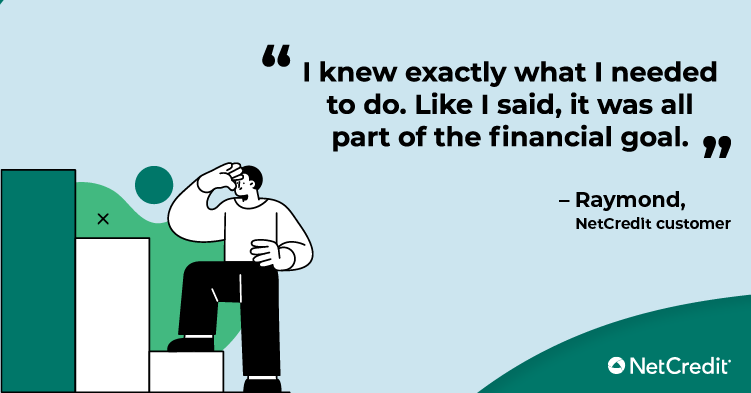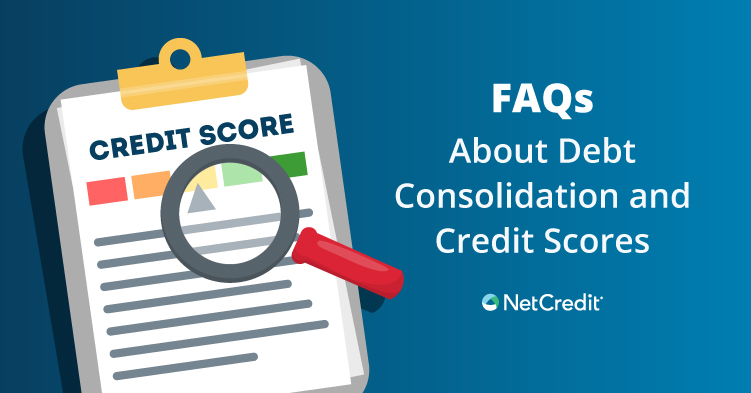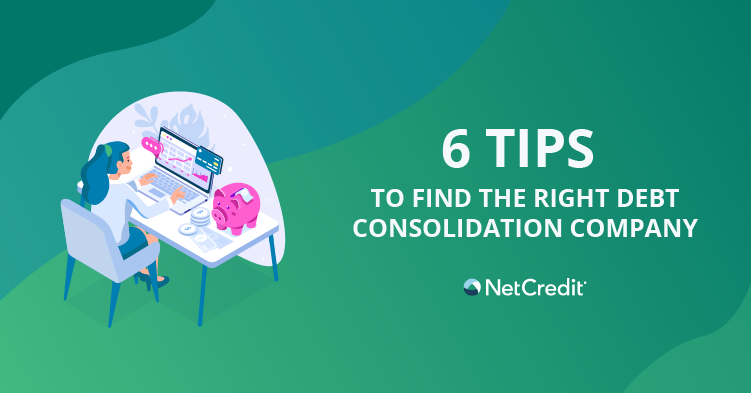If you’ve been wondering whether debt consolidation is the right move for you right now, you might find that the answer isn’t always obvious. After all, there are many different financial aspects to consider, and knowing when to consolidate debt can feel like a big move.
That being said, debt consolidation can often be a smart financial decision depending on your specific circumstances. In order to help, we’ve put together a list of questions to make it easier to decide when it’s time to consolidate your debt — and take control of your finances.
Do I often fall behind on my bills?
We all forget to make a payment every now and then. However, if you routinely miss due dates or can’t cover all your current bills when they arise, it may be an early sign that you have too many debts to keep track of in your budget.
In this typical scenario, a debt consolidation loan or even a line of credit can help you combine all of your outstanding debts into a single, predictable monthly payment. You can also save yourself the trouble of having to pay off each debt separately, and potentially make it easier to adjust your payment schedule when necessary.
Plus, given that payment history impacts roughly 35% of your credit score, debt consolidation could allow you to build credit history by helping you make on-time payments and lower your outstanding balance.
Have I been depending on friends and family for financial help?
To be clear, there’s nothing wrong with borrowing money from your personal network to help repay your debts on occasion. After all, going this route may make it possible to secure the funds you need without having to pay added fees or interest.
It’s only when you start relying too heavily on these informal loans that you may want to consider a different approach. If you’re constantly reaching out to your friends and family for funds, consolidating your debt can help you avoid owing money to your loved ones — and cover your bills at the same time.
Is my credit score decreasing?
Do you find that — despite your very best efforts — your credit keeps getting dinged? It might be because you simply have too much debt. In other words, if you’re inching closer to the credit limit on your credit cards without paying balances down, your credit utilization ratio will increase, which negatively impacts your credit score as time goes on.
Consolidating all your credit card debt through another form of financing, such as a personal loan, can help decrease your credit utilization ratio, which can potentially help improve your score. So, if your credit score is on the decline, it might be time to look into debt consolidation options.
Are my outstanding balances getting lower over time?
If you’ve noticed that you aren’t making any headway in paying down your outstanding balances, this may be a sign that debt consolidation could be right for you.
Simply put, when you have too many payments, it can be challenging to repay more than the minimum for each. This can lead to the majority of your payments going toward interest, not principal, which can significantly slow down your progress. In some cases, debt consolidation can offer a lower interest rate, which can help you pay down debt more quickly.
Do my credit cards have high interest rates?
It’s no secret that credit cards can often come with high interest rates, especially if you don’t have an exceptional credit score. Should you discover another type of financing with a lower interest rate than most or all of your credit cards, you could apply for it in order to consolidate your debt and potentially save on interest.
Keep in mind that interest rates alone are not enough to help you make the right financial decision. You should also consider how much time you’ll have to repay the new financing, so you can find out whether or not it could help you save money in the long run. Don’t forget, the longer the repayment period, the more interest you’ll need to pay overall.
Do I have a deadline for when I need to pay off my debt?
Whether you want to stick to a financial strategy or just need to free up funds for a planned expense — having several bills can make it tough to know exactly when you’ll be out of debt.
That’s where debt consolidation can also come in handy. Replacing debts from multiple credit cards, bills and other financial obligations with a single type of financing can offer the added benefit of having a specific timeline by which you can plan to be debt-free.
Have I considered working with a debt settlement company?
While the idea of getting help with reducing or even eliminating your debt at a lower cost is certainly enticing — turning to a debt settlement company may not be the best solution.
These types of institutions typically charge fees. In addition, they often ask you to stop paying off your current debts in order to accumulate funds for a settlement payment, which can harm your credit score. As an alternative, a debt consolidation loan could help you pay off your existing debts as soon as possible, leaving you with only a single, manageable payment on the new loan.
Do I feel overwhelmed by my financial situation?
Lastly, if you’ve reached a point where you feel that your outstanding debts are just too much of a burden in your life — it’s important to remember that you’re not out of options.
Even if you have less-than-perfect credit, online lenders like NetCredit can make it possible to qualify for alternative funding solutions. This type of financing does typically have high interest costs, but it can potentially provide the money you need quickly. So, regardless of whether you’ve had difficulty getting approved for traditional funding in the past, you could still get funds to help you consolidate your debt and stop stressing over your finances.
The information in this article is provided for educational and informational purposes only, without any express or implied warranty of any kind, including warranties of accuracy, completeness or fitness for any particular purpose. The information in this article is not intended to be and does not constitute financial, legal or any other advice. The information in this article is general in nature and is not specific to you the user or anyone else.






